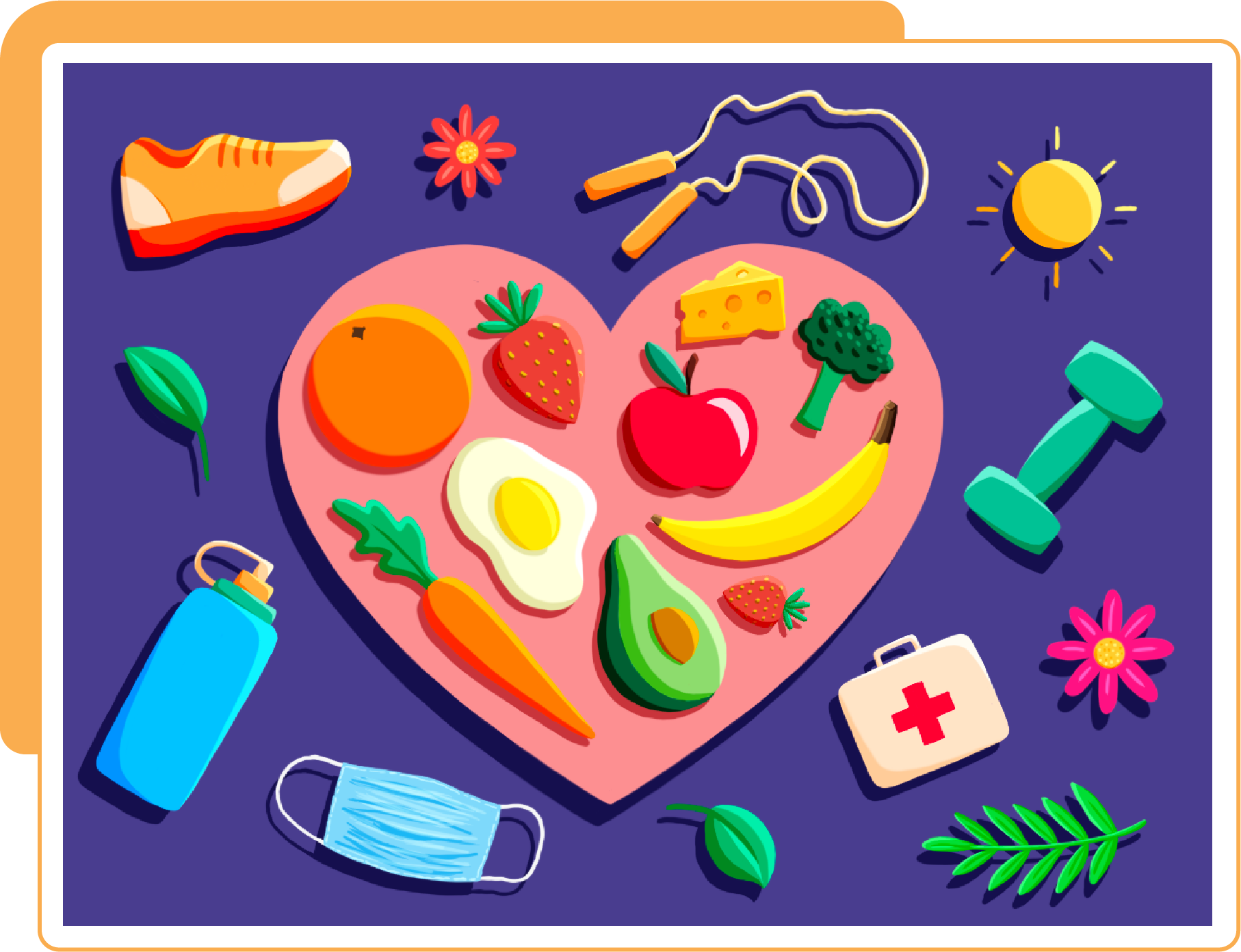
Introduction
In the fast-paced world we live in, ensuring the
well-being of our children is of utmost importance.
As parents, teachers, and mommy bloggers, we
play pivotal roles in shaping their habits and
fostering a foundation for a healthy and happy life.
This comprehensive guide aims to provide detailed
information, guidance, and practical tips on
promoting holistic health in children.
Section 1: The Foundation of Physical Health
Understanding Nutritional Needs
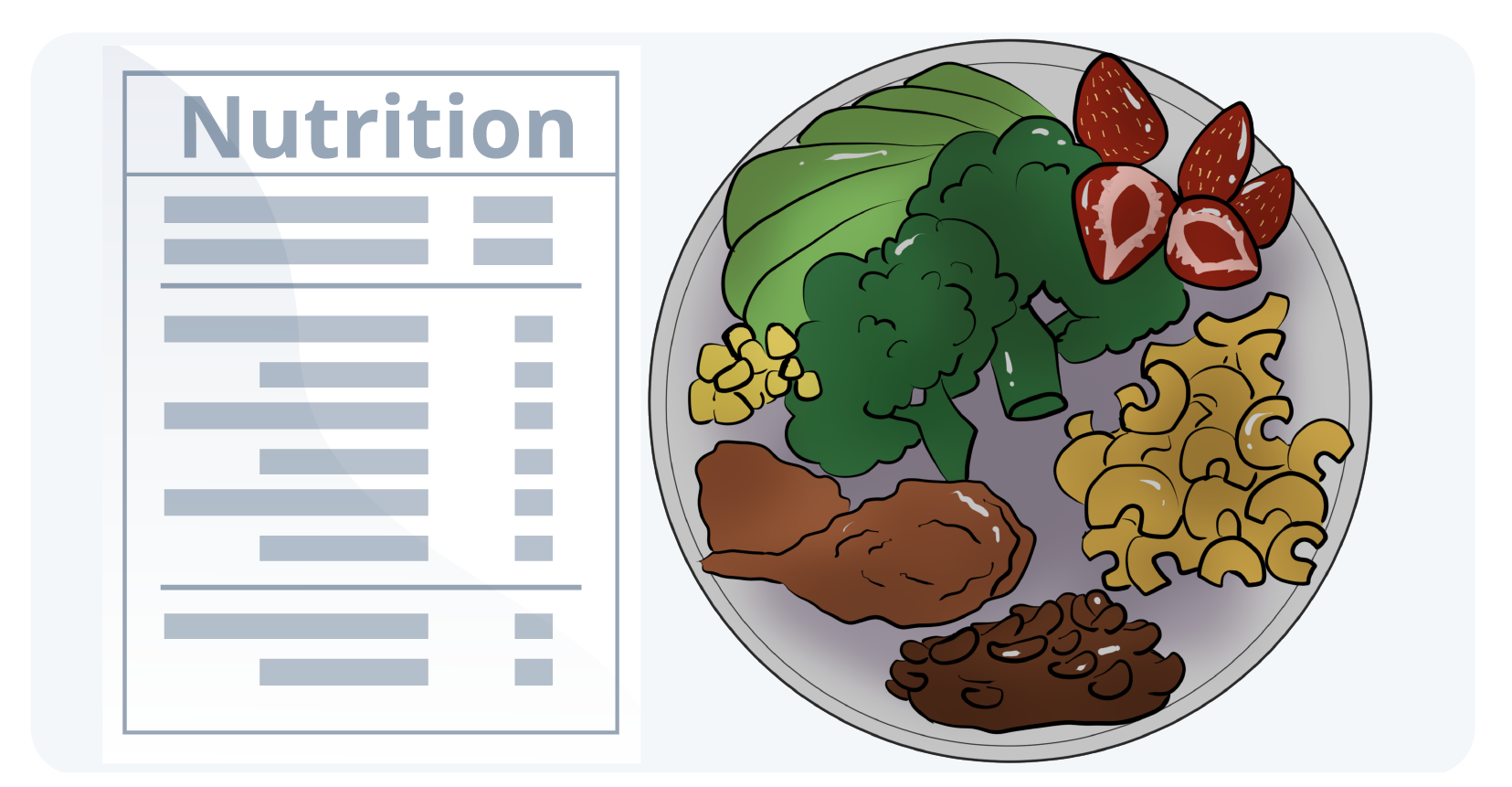
Children’s growth and development are
intricately linked to their nutritional intake.
Parents, teachers, and mommy bloggers can
collaborate to ensure that children receive a
balanced diet rich in essential nutrients.
Incorporating a variety of fruits, vegetables,
whole grains, and lean proteins supports overall
health.
Encouraging Regular Exercise
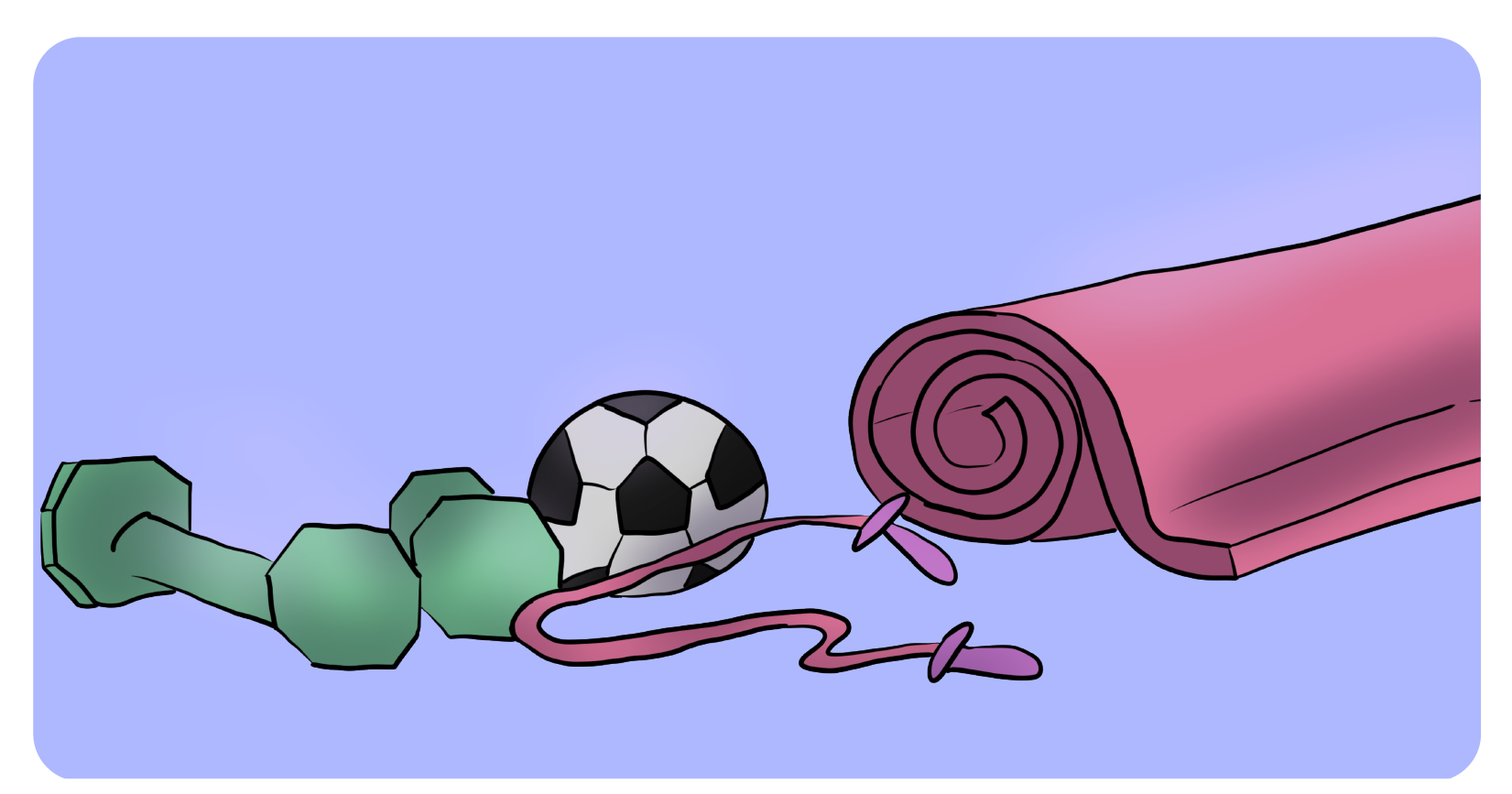
Physical activity is not only crucial for
maintaining a healthy weight but also for
cognitive development. Parents can encourage
outdoor play, teachers can incorporate physical
activities into the curriculum, and mommy
bloggers can share creative ideas for fun
exercises that keep kids moving.
Section 2: Nurturing Mental and Emotional Well-being
Identifying Signs of Stress and Anxiety
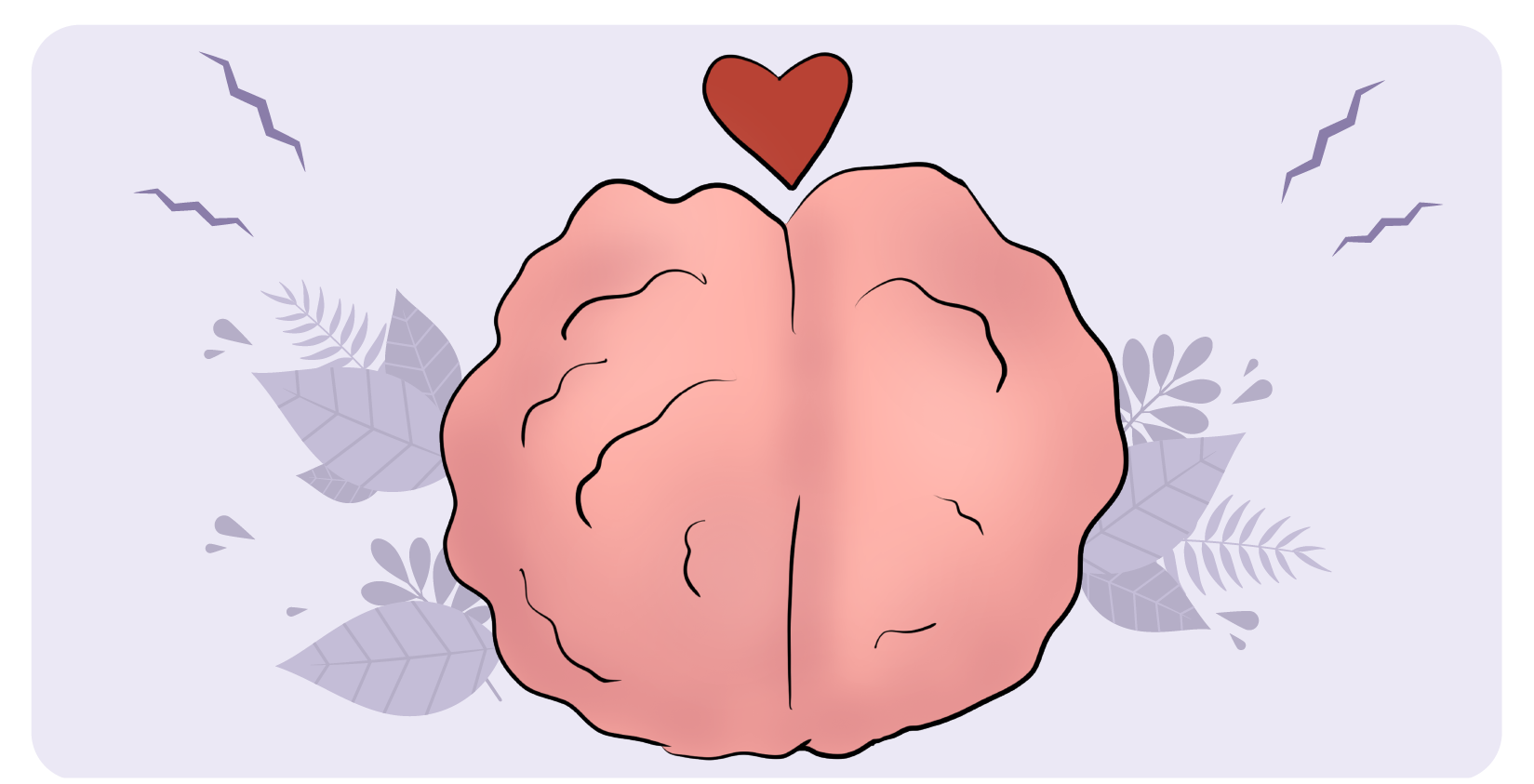
Parents and teachers should be vigilant about
recognizing signs of stress or anxiety in children.
Open communication is key, and creating a safe
space for children to express their emotions is
essential. Mommy bloggers can offer insights
into age-appropriate discussions about
emotions.
Promoting Emotional Resilience
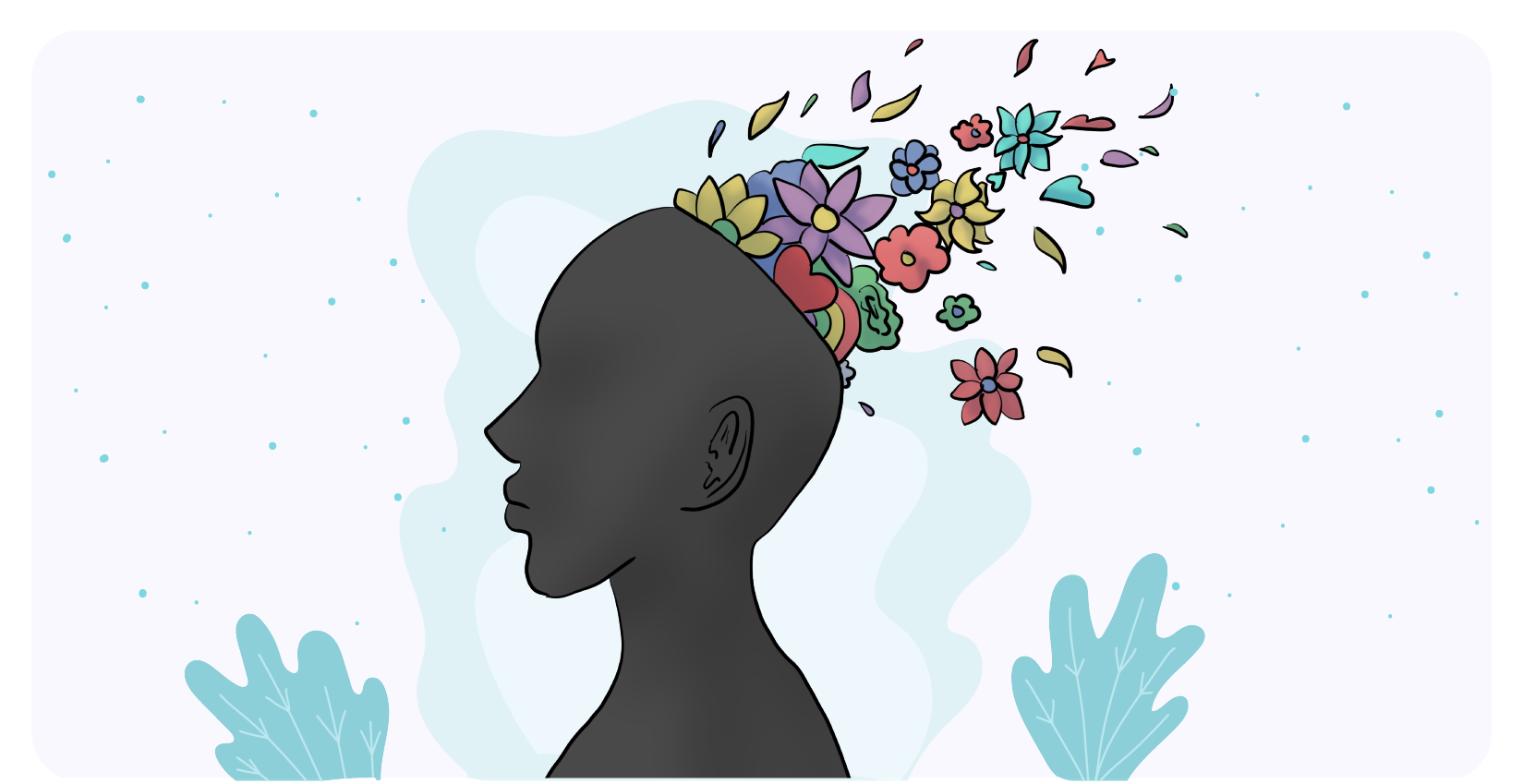
Teaching children coping mechanisms and
resilience from an early age is crucial.
Techniques such as mindfulness, deep
breathing, and positive affirmations can be
integrated into daily routines at home and in the
classroom.
Section 3: Screen Time and Digital Well-being
Setting Healthy Screen Time Boundaries
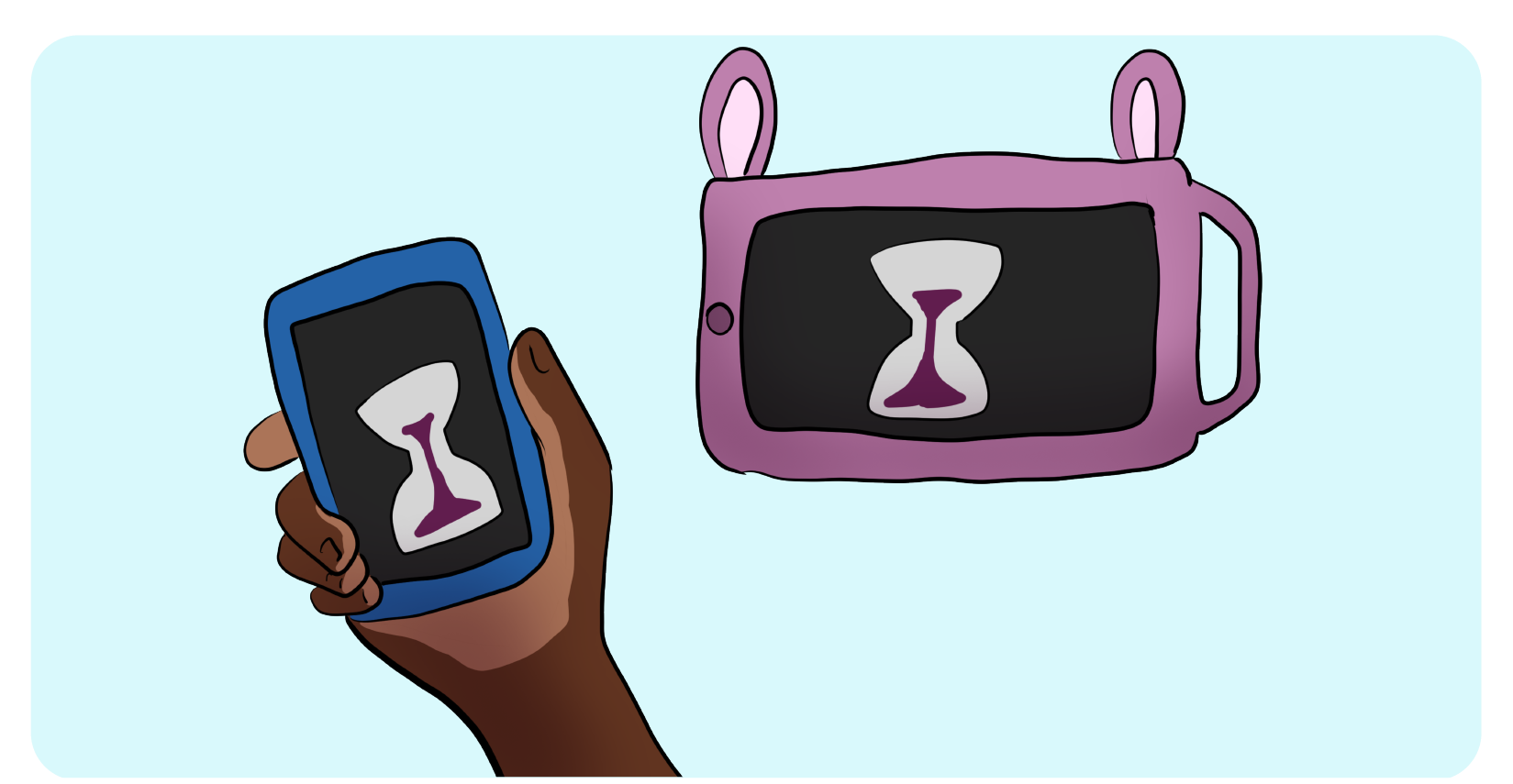
Collaborative efforts are needed to establish
age-appropriate guidelines for screen time.
Parents, teachers, and mommy bloggers can
work together to strike a balance between
educational screen time and other activities,
ensuring that screens do not dominate a child’s
day.
Fostering Positive Online Behavior
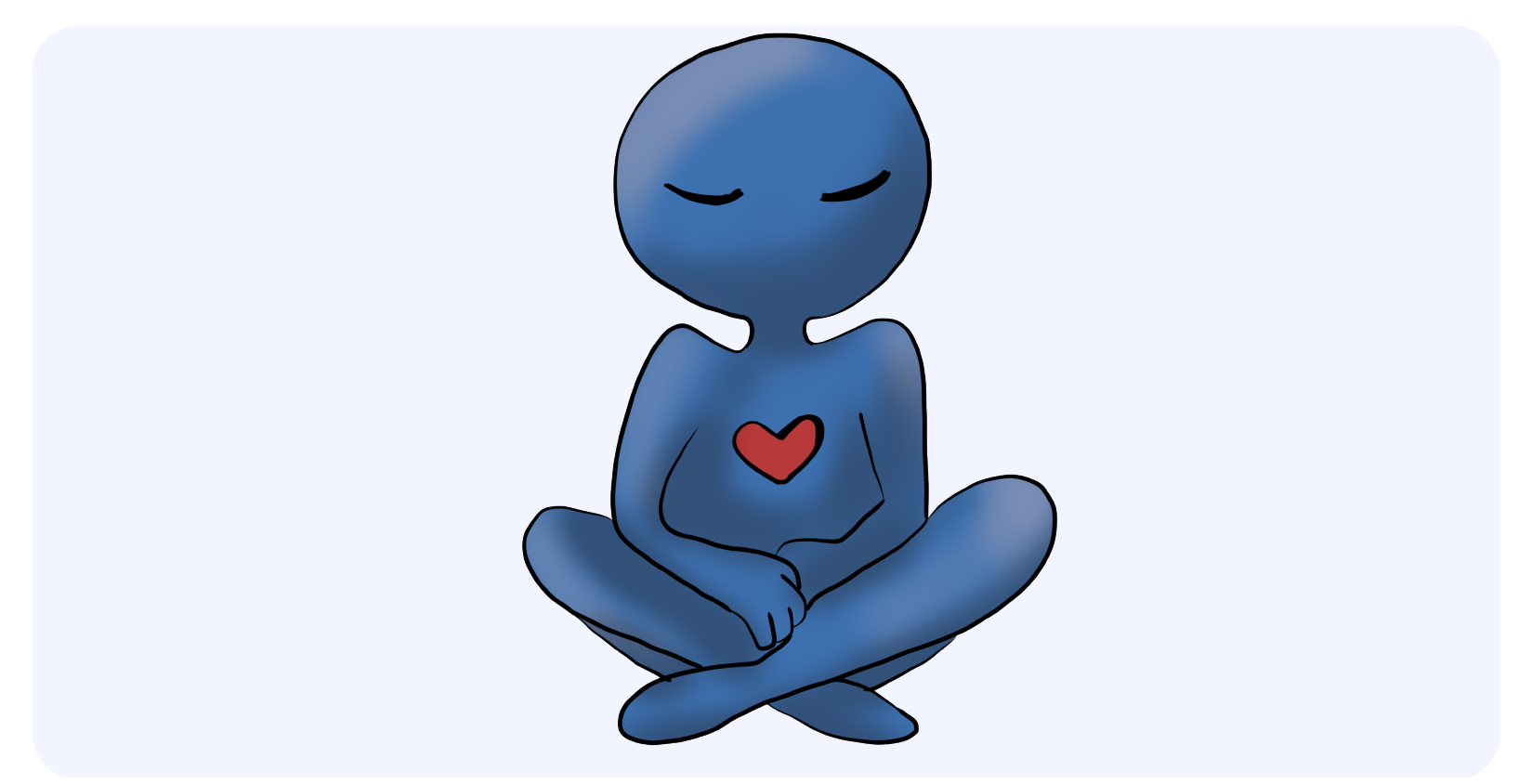
In the digital age, it’s crucial to teach children
about responsible online behavior. Parents and
teachers can guide children on respectful
communication, cyberbullying prevention, and
the importance of online privacy.
Section 4: Education and Emotional Intelligence
Understanding Emotional
Intelligence

Emotional intelligence is a key predictor of a
child’s success in various aspects of life. Parents,
teachers, and mommy bloggers can collaborate
to define emotional intelligence and understand
its components, emphasizing the importance of
empathy and self-awareness.
Practical Strategies for Emotional Intelligence Development

Strategies for developing emotional intelligence,
such as teaching children to identify and express
emotions, can be shared among parents and
teachers. Mommy bloggers can provide creative
activities that nurture emotional intelligence in a
playful way.
Section 5: Creating a Healthy Learning Environment
Promoting Healthy Eating Habits
at School
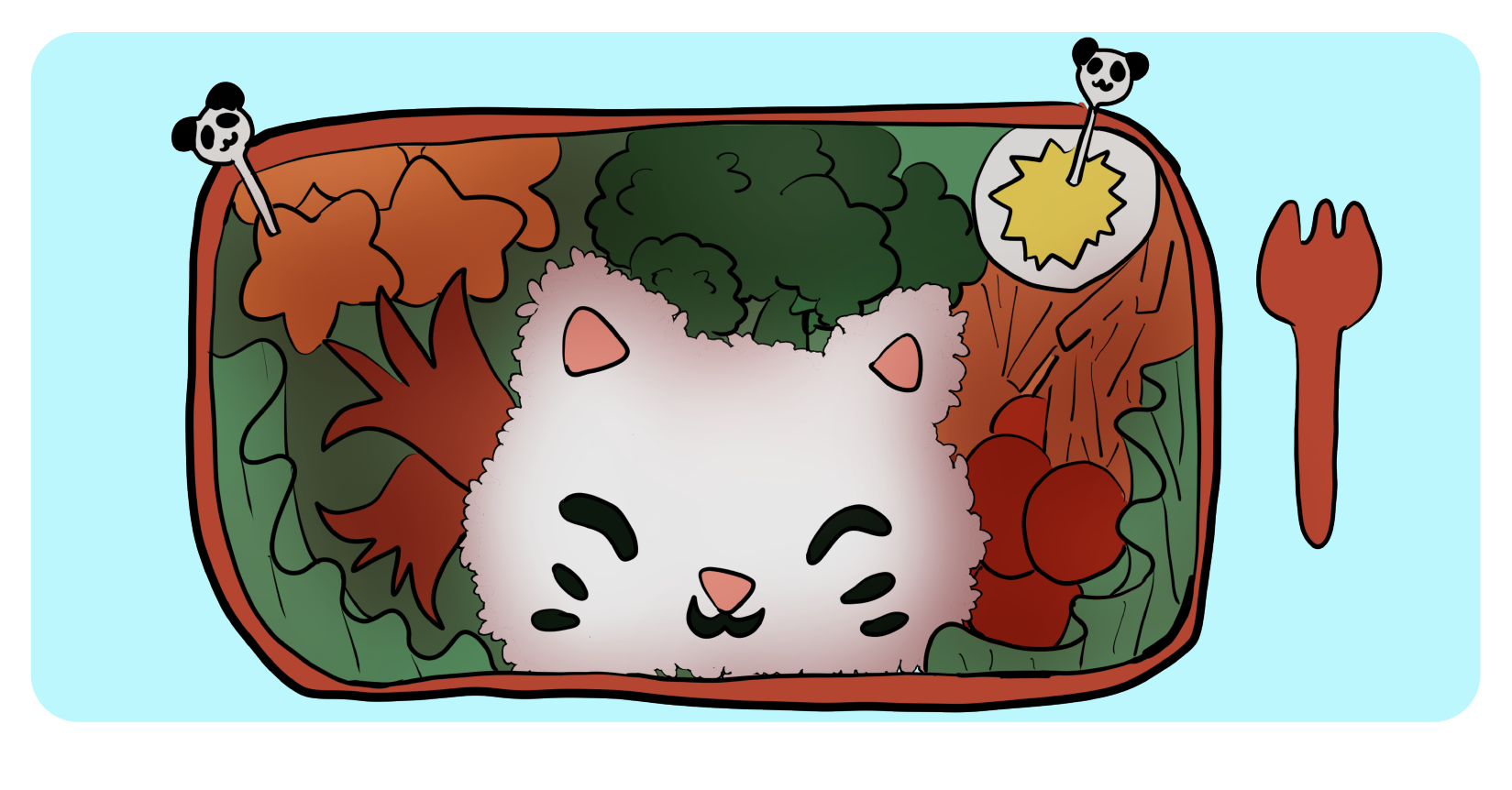
Teachers play a crucial role in promoting healthy
eating habits at school. Collaborative initiatives
can include incorporating nutrition education
into the curriculum, providing nutritious snacks,
and fostering a positive attitude toward healthy
food choices.
Balancing Physical Activity and
Academic Success
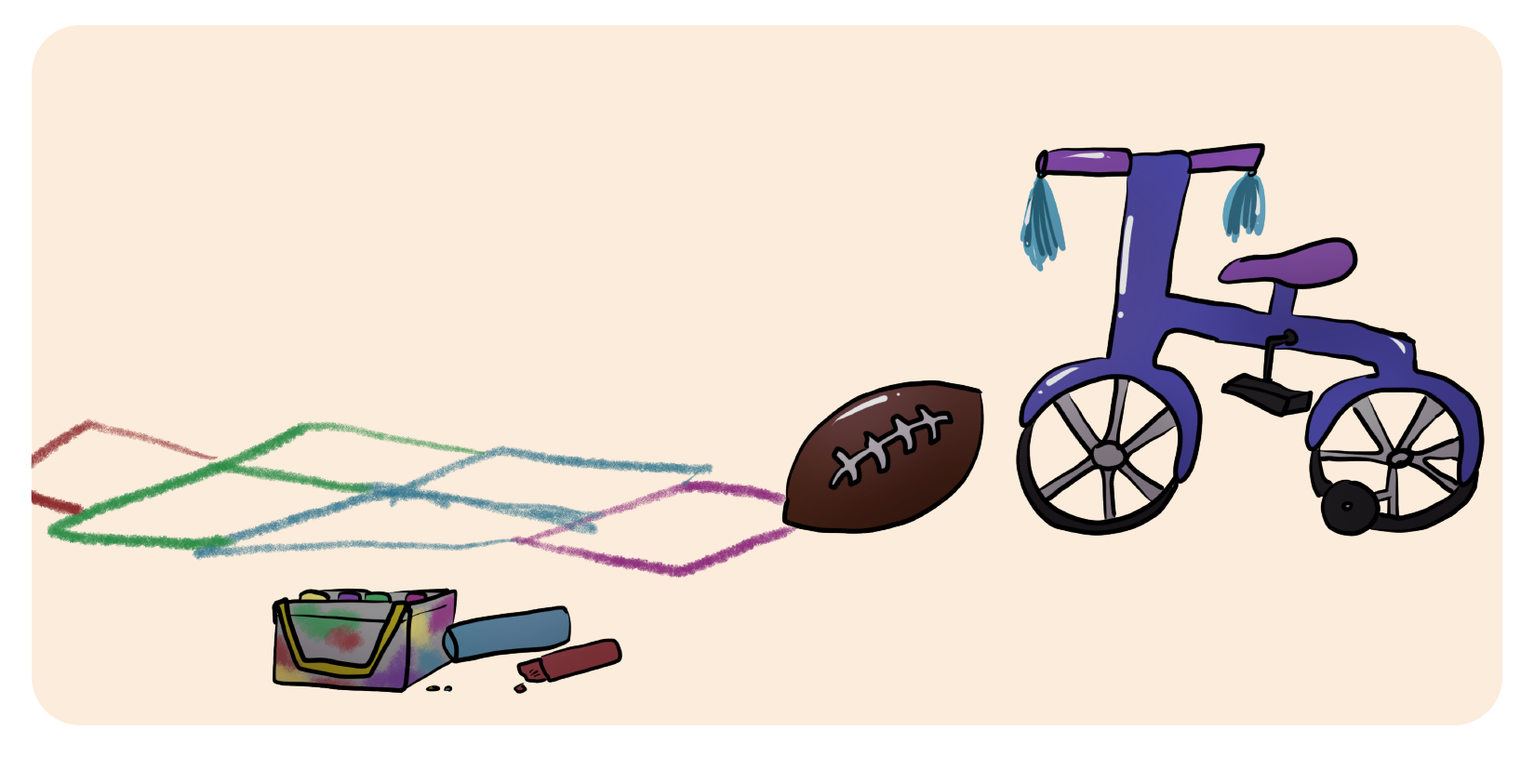
Parents, teachers, and mommy bloggers can
highlight the connection between physical
activity and academic success. Incorporating
short movement breaks in the classroom,
organizing fitness challenges, and promoting
extracurricular sports can contribute to a
holistic approach to education.
Conclusion:

In the collective effort to build healthy habits for children,
collaboration between parents, teachers, and mommy
bloggers is key. By fostering a holistic approach that
addresses physical, mental, and emotional well-being, we
can empower the younger generation to thrive. Let’s
continue to share knowledge, support one another, and
prioritize the health of our children for a brighter and
healthier future.




